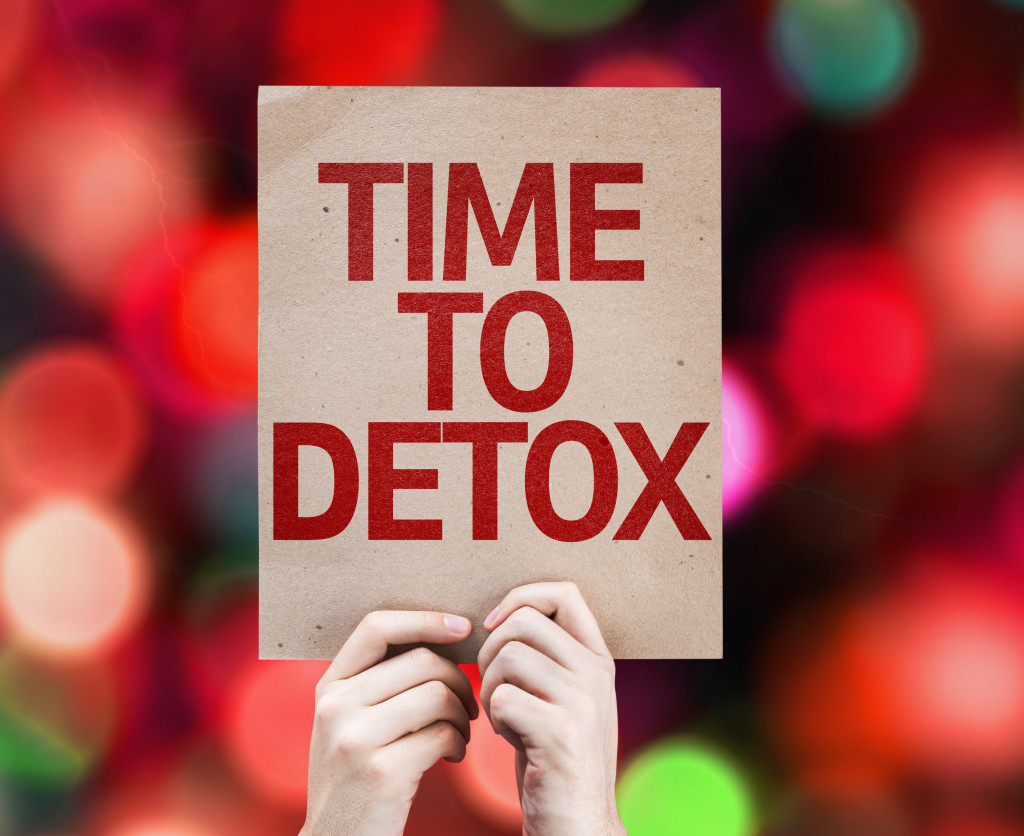- Seek professional help, including therapists and counselors, substance abuse treatment centers, medical professionals, and online resources.
- Identify potential triggers for relapse.
- Create a support system of friends, family and professionals who understand addiction.
- Develop a routine to establish healthy habits.
- Consider residential detox treatment for safe and comfortable detox.
If you are struggling with substance abuse, the first step to recovery is acknowledging that you need help. It is not a simple task, but conquering addiction is attainable with the right mental attitude and resources at your disposal. Here are five steps to help you start your journey to substance abuse recovery.
1. Seek Professional Help
The first step to starting your journey to recovery is seeking professional help. They can provide a personalized treatment plan and support to help you overcome your addiction. It can be scary to ask for help, but remember that seeking help is a sign of strength. You do not have to go through this journey alone; some professionals are trained to help you overcome your addiction.
Here are some professionals you should consider:
Therapists and Counselors
Therapists and counselors are trained professionals who specialize in helping people overcome addiction. They can provide personalized counseling to address your needs and develop a recovery plan tailored to you. Also, they can help you identify potential triggers for relapse and teach you positive coping skills to reduce the risk of relapse. Furthermore, they can provide emotional support throughout your journey to recovery.
Substance Abuse Treatment Centers
Substance abuse treatment centers offer comprehensive programs designed to treat addiction from all angles — medically, psychologically, spiritually, and socially. These facilities typically involve an individualized treatment plan that often includes one-on-one therapies such as cognitive-behavioral therapy, group counseling sessions, and educational programs. Treatment centers also offer ongoing support to help you stay sober in the long term.
Medical Professionals
Your doctor or physician can evaluate your physical and mental health, diagnose any underlying conditions contributing to your addiction, and provide medical treatment to manage withdrawal symptoms. They can also refer you to other professionals, such as therapists or counselors, for additional support.
Online Resources
The internet provides access to a wide range of online resources to help you with your journey toward recovery. Support forums, podcasts, blogs, educational materials about addiction and recovery, and videos or webinars discussing related topics can be found. Finding the right resource or group for you is just a few clicks away!
2. Identify Your Triggers

Identifying your triggers is an important step in the recovery process. Triggers are situations, people, or emotions that can cause you to want to use drugs or alcohol. By identifying your triggers, you can develop strategies to avoid or cope with them.
Common triggers include stress, certain people or places, and negative emotions. It is important, to be honest about your triggers and develop a plan to manage them. This can include developing healthy coping mechanisms like exercise or meditation or avoiding certain people or situations.
3. Create a Support System
Creating a support system is essential to your recovery. This can include friends, family, and professionals who understand what you are going through and can provide emotional support and encouragement. It is important to surround yourself with people who are supportive and positive.
You can also join support groups, such as Alcoholics Anonymous or Narcotics Anonymous, to connect with others who are going through similar experiences. A support system can help you stay accountable and motivated and remind you that you are not alone.
4. Develop a Routine
Developing a routine can help you establish healthy habits and stay on track with your recovery. This can include developing a sleep schedule, establishing a regular exercise routine, and setting aside time for self-care.
It can be helpful to create a daily schedule and stick to it. This can help you focus on your recovery goals and provide structure and stability.
5. Consider Residential Detox Treatment

Utilizing reliable residential detox treatment can be an effective option if you are struggling with substance abuse. In residential detox treatment, you will receive 24/7 medical supervision and support as you detox.
Detox can be difficult and uncomfortable, and residential detox treatment can help you safely and comfortably detox from drugs or alcohol. It can also provide you with a supportive and structured environment to begin your journey to recovery.
In Closing
Starting your journey to substance abuse recovery can be difficult and overwhelming, but it is possible. You can take the first steps towards a healthier and happier life by seeking professional help, identifying your triggers, creating a support system, developing a routine, and considering residential detox treatment. Remember to be patient with yourself and celebrate your progress along the way.

